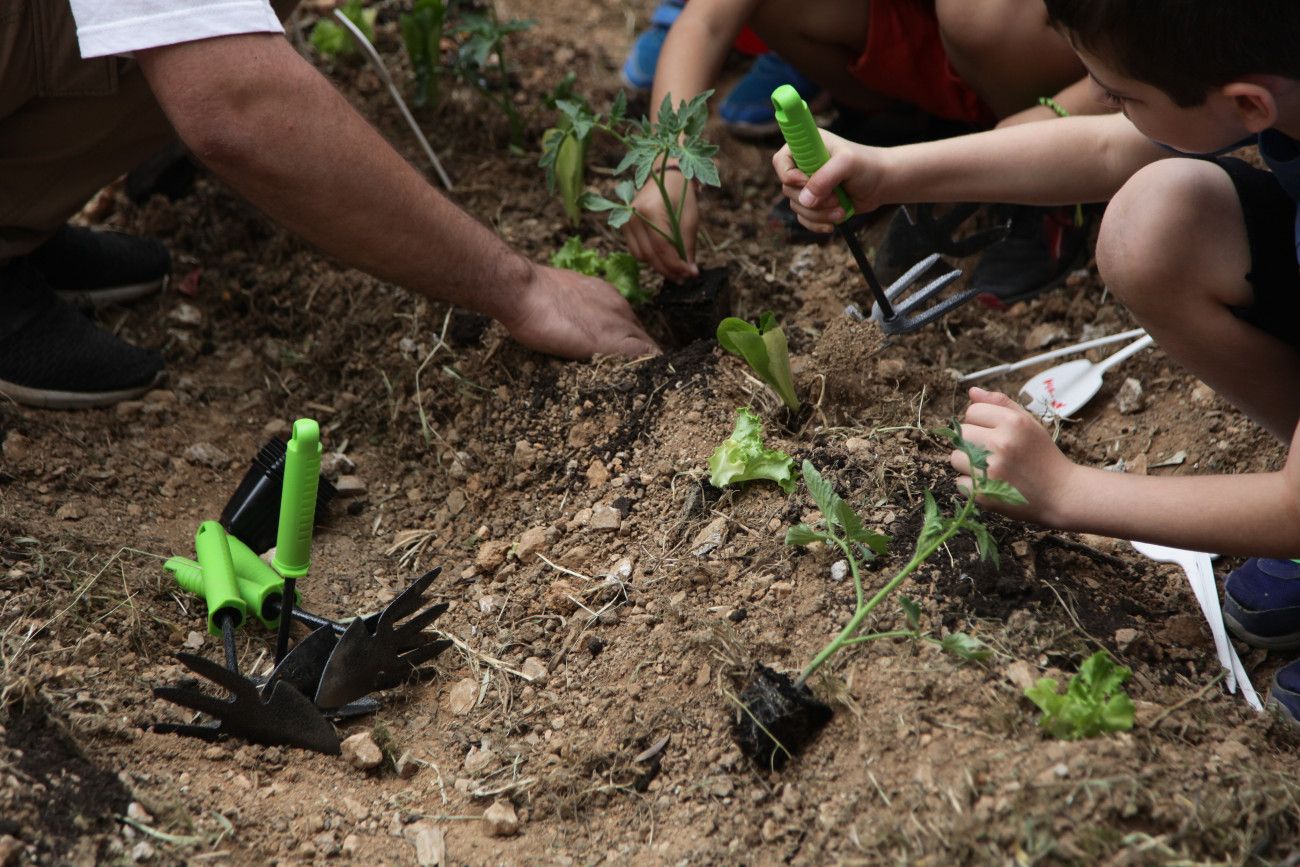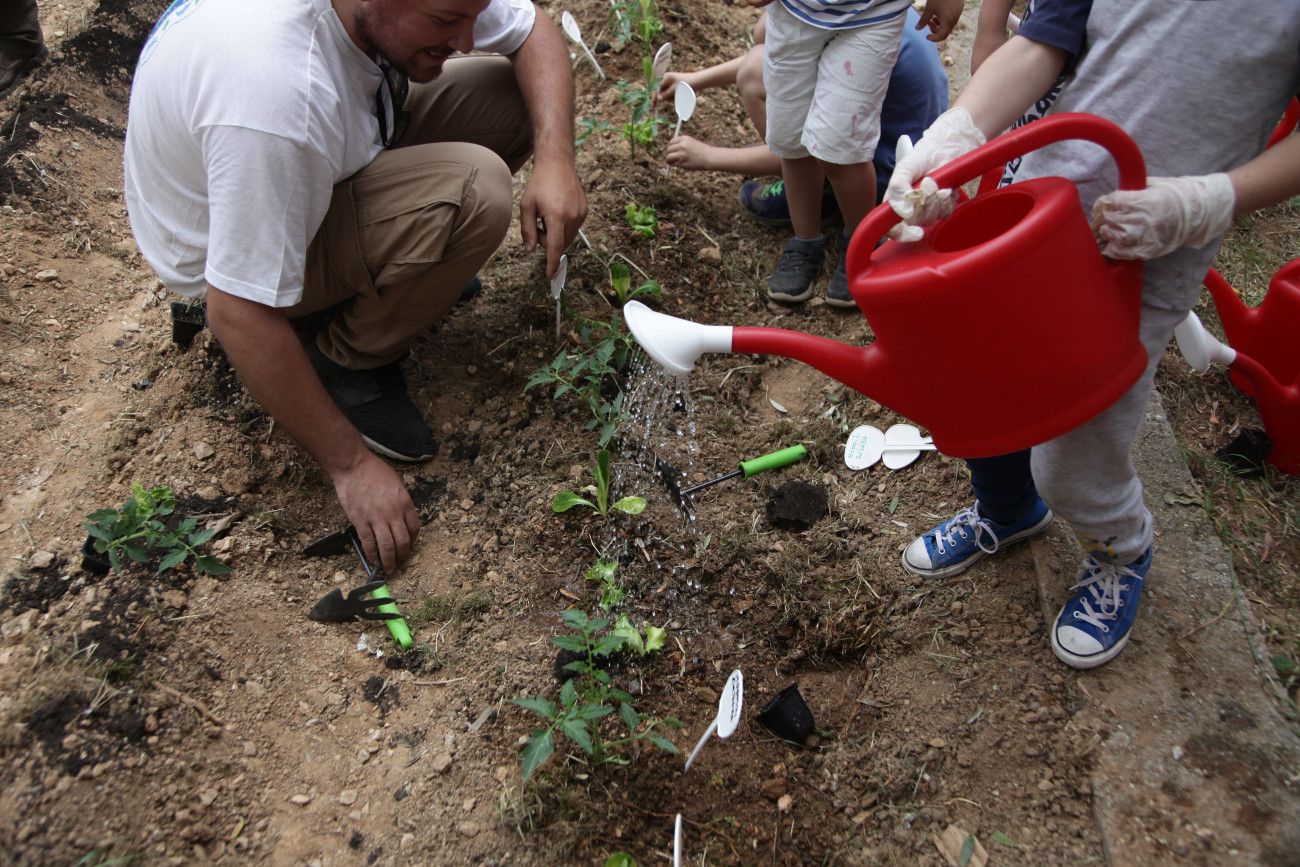SAFETY: The new lesson-surprise for the 2025-26 school year with « out-of-class » activity

In the context of the preparation of students to become active citizens who will contribute to the achievement of the objectives of sustainable development, the Ministry of Education introduces the school year 2025-26 to kindergartens and elementary schools a new lesson-program related to experiential education.
With emphasis on environmental awareness and active learning of students, the insistence is to implement an innovative initiative outside the classroom, focusing on the creation and care of school vegetable gardens.
Vegetables come to schools. In kindergartens and elementary schools from the new school year
This is: « Vegetables in schools: We are working with critical thinking and vision, we are happy, we create. »
The experiential education in schools
What purpose do school vegetable gardens have
« School vegetable gardens are intended to contribute to acquiring knowledge and skills, social and emotional development, but also to cultivating perceptions, attitudes and values, as well as to be integrated into the daily educational activities of our pupils and students in kindergartens As sustainable development laboratories, « the ministry said.
Through activities in the school garden, students are expected to develop observation, understanding of the cause, scientificity, teamwork, cooperation, allowing each child to actively participate and apply sustainable practices in their daily lives.
By engaging in the school garden, pupils and students learn to cultivate seeds in the greenhouse, to transplant the small plants into the school garden in the school garden, to compost, to combat diseases that affect their plants in a natural way, They cultivate their plants and take care of them until the harvest era comes and try them by preparing meals (vegetables for salads, potatoes, tomatoes, strawberries, etc.) but also to preserve them.
Through the implementation of the program, pupils and pupils realize that the contribution of each and every one in their immediate and local environment is important, and that with their own attitude and action, minor and larger changes can occur, in particular the effects of climate change.
For the implementation of the action, the APPA will supply in schools wishing to participate in the Oval metal flower beds, as well as soil in a corresponding volume with flower beds, a small metal greenhouse, gardening shovels, seed sets for the first crops and watering.
An idea, a lesson, successfully applied years ago
The program is not an innovative idea as corresponding initiatives – on a smaller scale – had been carried out in the past. For example, in May 2017, the largest school vegetable garden in Greece, 300 sqm, was inaugurated at the 11th Primary School of Chalandri. The children started planting the plants (lettuce, salad, tomatoes, pepper, pumpkin, eggplant and cucumber). Each child planted three plants with their name in a particular label.

Inauguration of the largest school vegetable garden in Greece at the 11th Primary School of Chalandri
Environmental organizations in collaboration with school communities have runs corresponding programs with vegetable gardens being living training laboratories that give children the opportunity to get to know the process of vegetable cultivation, learn to take care of the environment and develop sustainable eating habits. At the same time, they enhance teamwork and cooperation between children, cultivating ecological consciousness from an early age.








